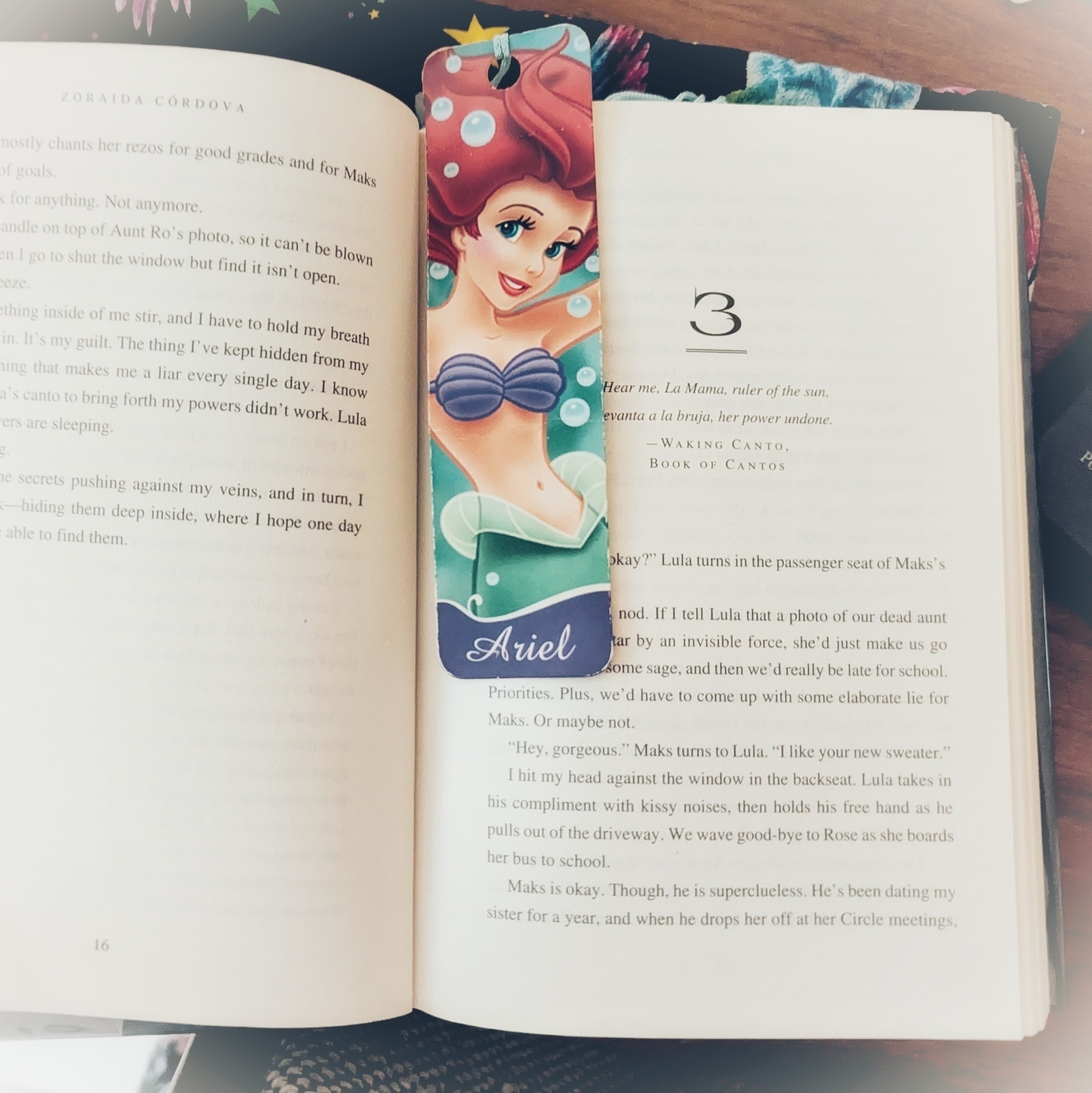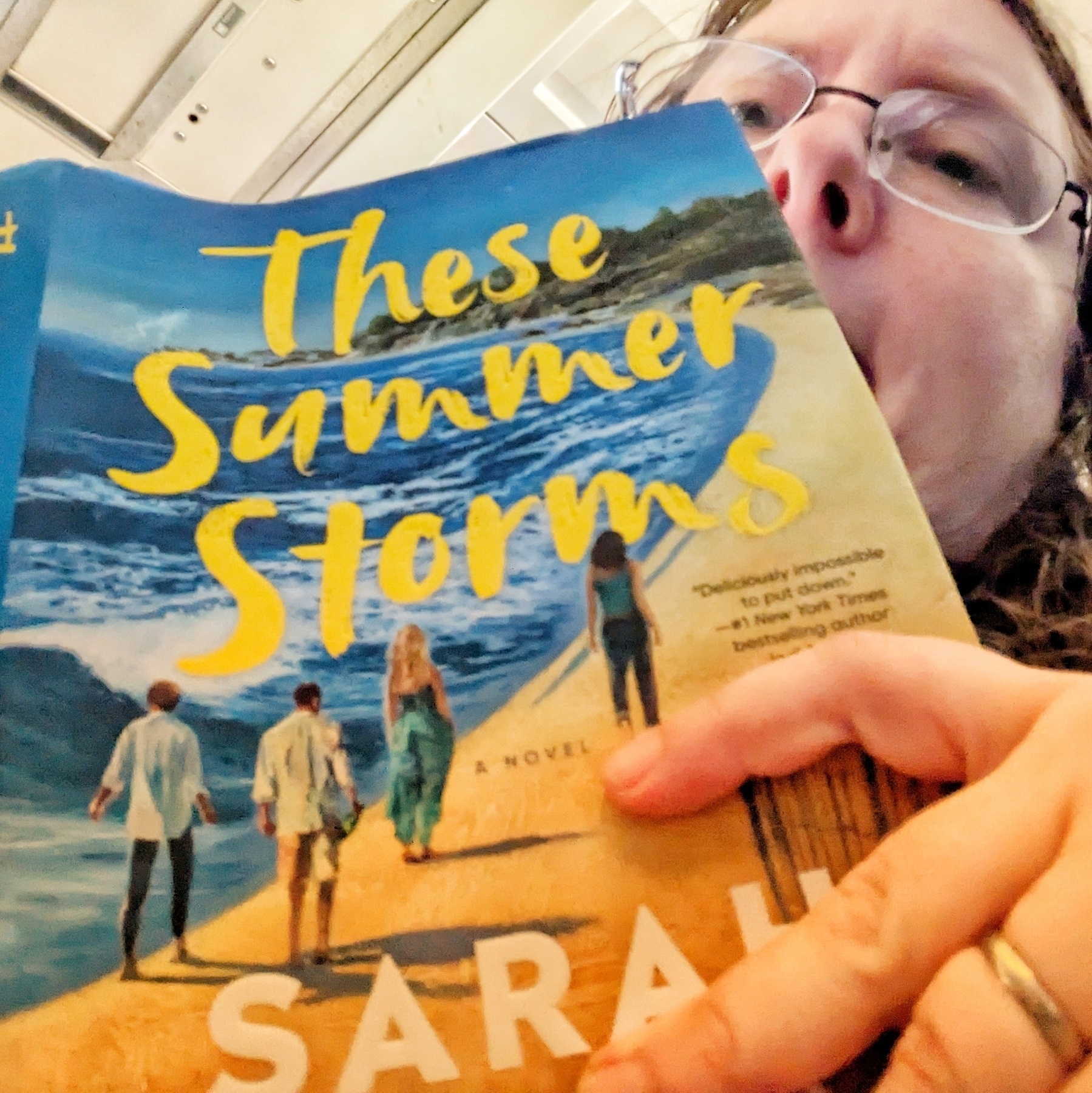
Finished reading: Somewhere I’ll Find You by Lisa Kleypas 📚

Finished reading: Somewhere I’ll Find You by Lisa Kleypas 📚

Finished reading: The Bladesmith Queen by Sarah MacLean 📚
📚 Hear me out: sun-soaked summer gothic literature. These Summer Storms by Sarah MacLean. The Villa by Rachel Hawkins. What else?
📚 Reading Zoraida Córdova’s Labyrinth Lost and realized I had the perfect bookmark for any book by this author.


Finished reading: A Curse Carved in Bone by Danielle L. Jensen 📚
This companion-sequel to A Fate Inked in Blood spends the first third or so revisiting the first book but picks up in the middle third and is gripping and full of revelations for the last third. I highly recommend the duology.

Finished reading: These Summer Storms by Sarah MacLean 📚
I will follow Sarah MacLean anywhere, from Whitechapel to Narragansett Bay. If you like family narratives with a strong romantic thread, read this book.

Finished reading: Three Simple Rules by Nikki Sloane 📚🎧
“There was something about trains.” 💬📚 Reading Sarah MacLean’s These Summer Storms while actually on a train.
